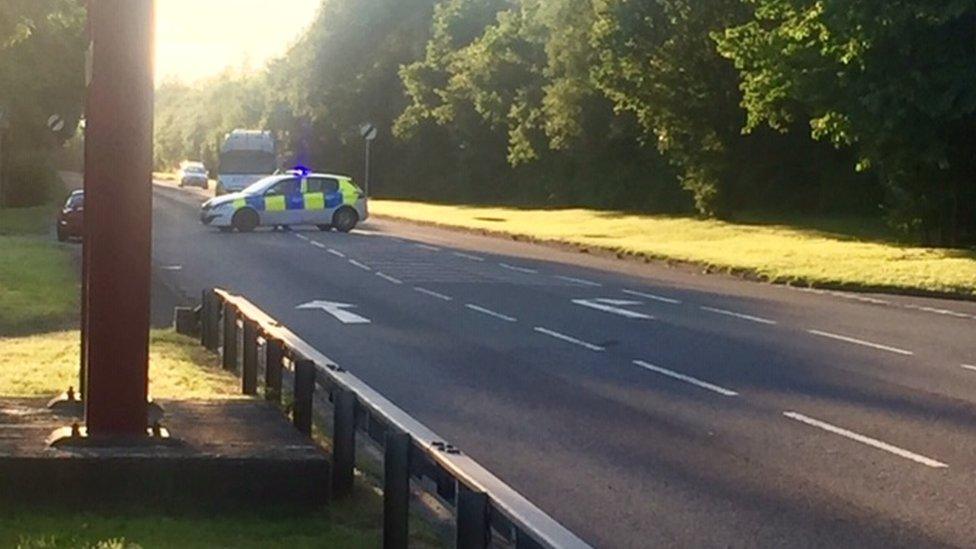Christopher Kapessa: CPS river death decision review allowed
- Published
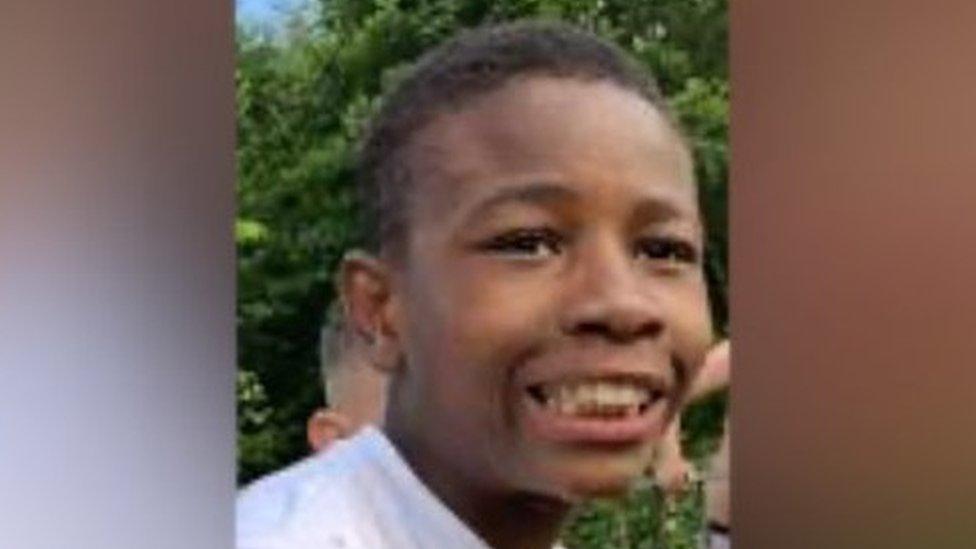
The Crown Prosecution Service decided not to prosecute over Christopher Kapessa's death
A High Court judge has ruled a family can challenge prosecutors for failing to charge a boy who allegedly caused another teenager's river death.
Christopher Kapessa was reportedly pushed into the River Cynon in Rhondda Cynon Taf in 2019.
Although police found evidence he was pushed, the Crown Prosecution Service (CPS) decided not to prosecute.
Mrs Justice Cheema-Grubb allowed an application by Christopher's mother Alina Joseph for a judicial review.
"To achieve permission, there must be properly arguable grounds with a realistic prospect of success," she told the court.
"Having had the advantage of hearing argument, I grant permission to apply for judicial review."
Judicial review is a procedure that allows anyone who has been affected by a decision or a failure to act by a public authority to apply to the courts to rule whether its actions were lawful or not.
The judge allowed the application on five grounds, including that the CPS's decision failed to "properly value human life" and that "undue and improper weight" was given to the impact of the prosecution on the teenage suspect.
The CPS had said it was not in the public interest to prosecute the boy, who was 14 at the time, and strongly denied race played any part in its decision - as claimed by Christopher's mother.
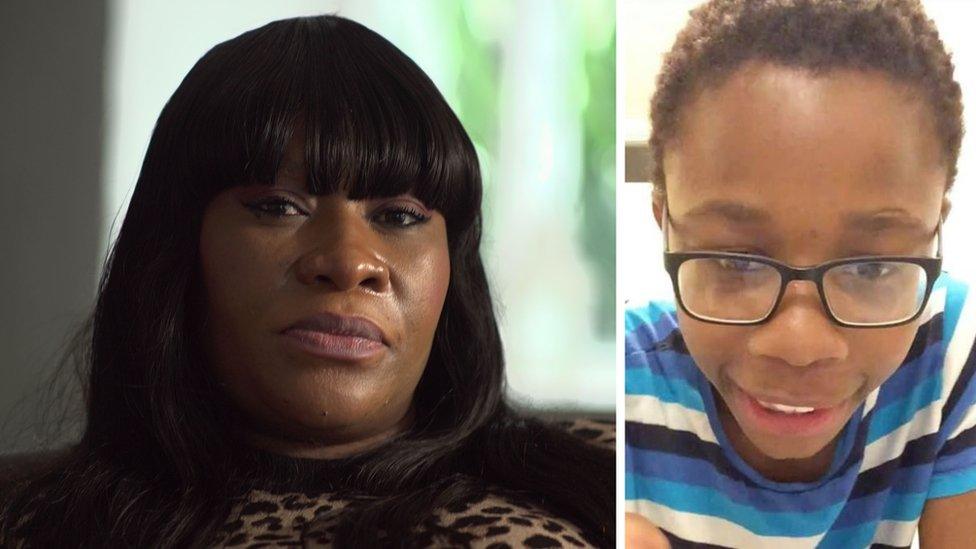
Alina Joseph says she does not want revenge, but for the facts of her son's case to be heard in court
Michael Mansfield QC, representing Christopher's family, told the court sympathy for the teenage suspect "does not come into" the decision whether to prosecute, adding: "Yes, it is a young person, but as was the person who died."
Mr Mansfield argued that there was a large enough public interest in prosecuting the boy, as well as evidence to hold a trial.
He added: "It is very rare indeed that a prosecution for homicide does not follow once the evidential threshold has been crossed.
"We say that this is a case where the prosecutor would be bound to come to the conclusion that it is in the public interest for those matters to be reviewed."
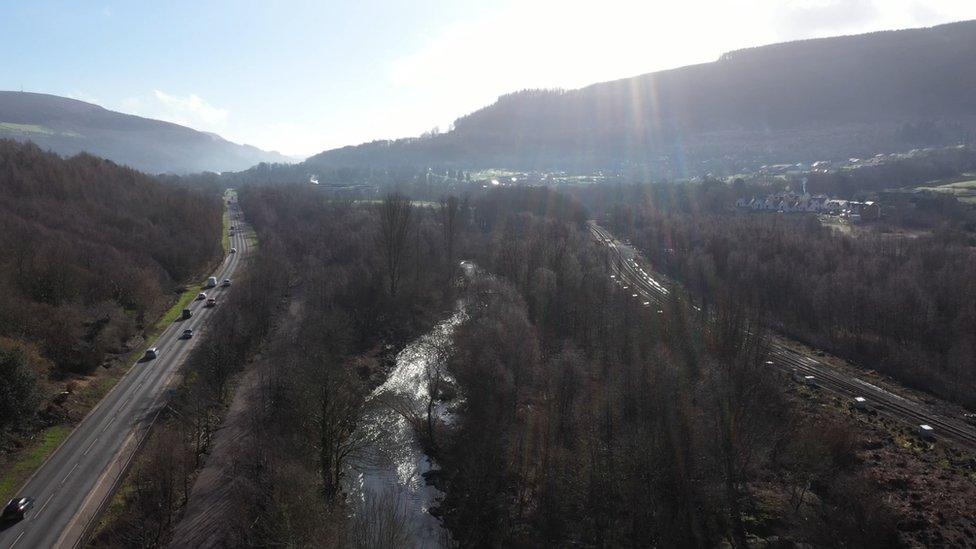
The tragedy happened in the River Cynon near Mountain Ash
The High Court heard there were 16 people at the scene of the incident near Mountain Ash on 1 July 2019, and Mr Mansfield alleged some of them had not been honest with the police.
He said: "The young people, plainly, to begin with - or some of them, we don't know how many - decided either together or apart that they were not going to reveal who did what, let alone what happened."
He later added: "What sort of message does that communicate to the community of young people if he is not prosecuted?
"That it is all right to lie? That it is all right not to disclose? A responsible citizen would find that abhorrent."
Duncan Penny QC, representing the CPS, argued the decision to bring a prosecution in any case is not automatic even if there is a high public interest, and that the family's arguments had been addressed in the original review by the body.
Christopher Kapessa "wasn't just a friend, he was more or less family"
The CPS will now have 21 days to provide evidence to prepare for the judicial review, including the evidence used to come to the decision not to prosecute.
Ms Joseph, who has pledged to launch her own legal action if the decision is not overturned, previously told BBC Wales Investigates she believed if Christopher had been white, the investigation "would have been very different".
However, on Thursday, Mrs Justice Cheema-Grubb rejected the claim that the CPS failed to consider the public interest in showing there is no racial bias in charging decisions.
Christopher - The Boy Who Never Came Home is on BBC iPlayer
- Published7 June 2021
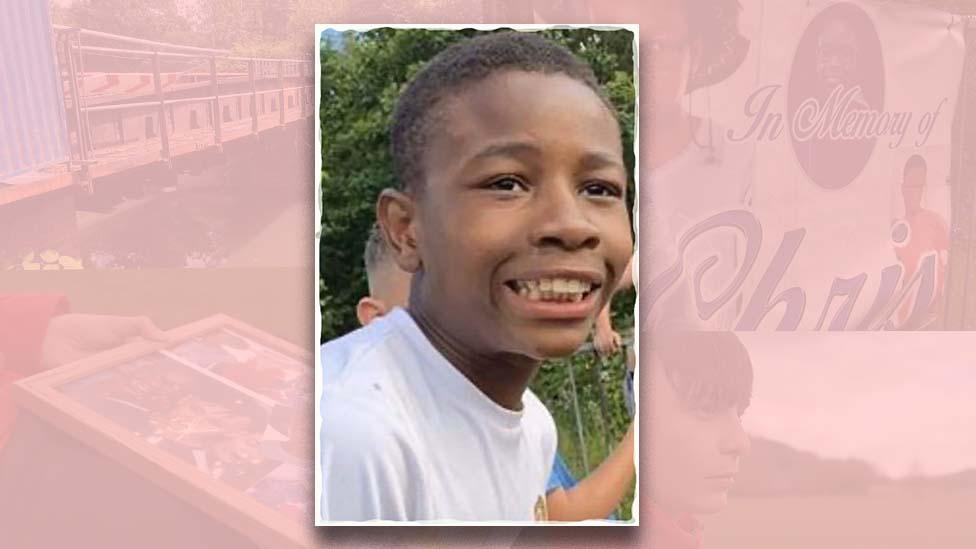
- Published28 July 2020
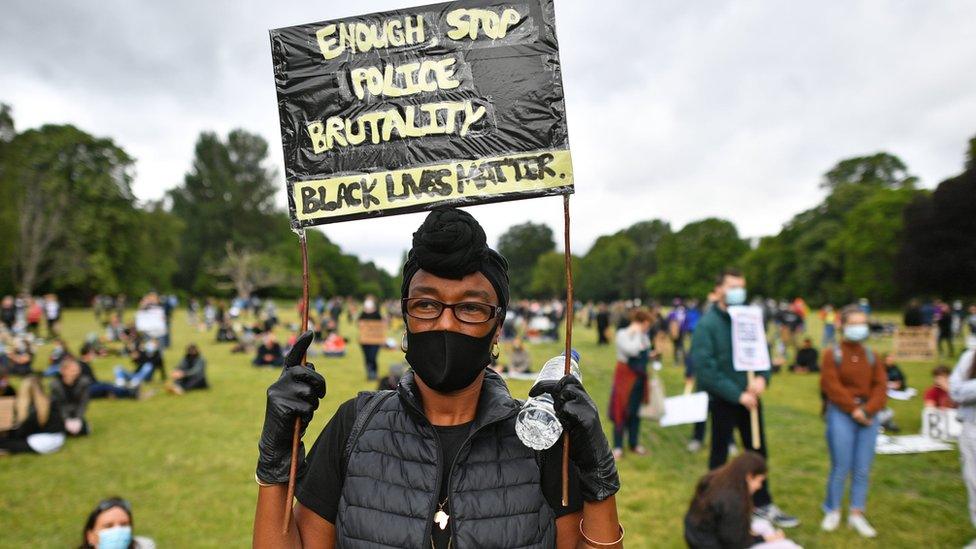
- Published26 July 2019

- Published1 July 2019
